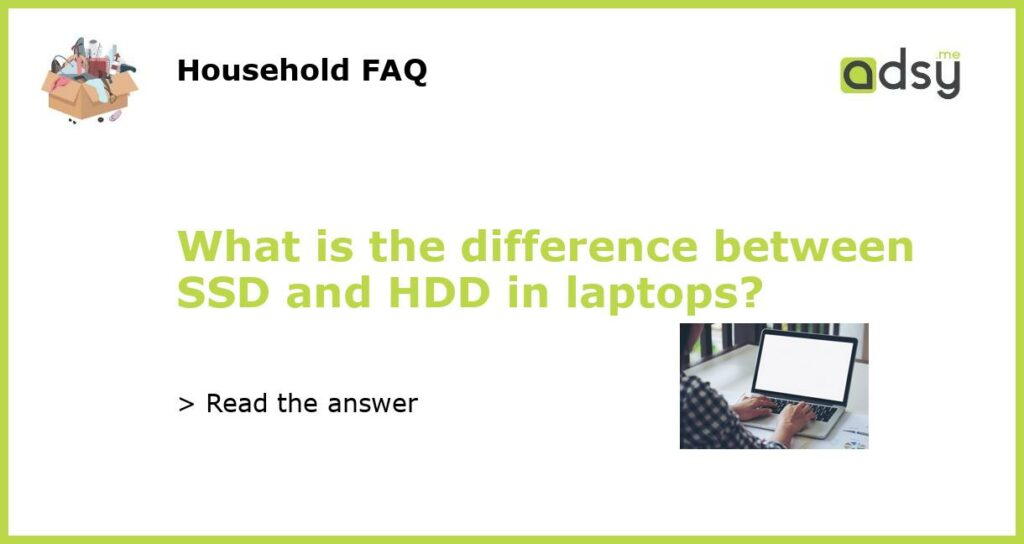Understanding the Difference Between SSD and HDD in Laptops
When it comes to laptops, there are two types of storage drives available: SSD and HDD. Both have their pros and cons, and choosing the right one depends on personal preferences and usage. In this article, we’ll take a closer look at the differences between SSD and HDD in laptops.
What is an SSD?
SSD stands for Solid State Drive, which uses NAND-based flash memory to store data. Unlike traditional hard drives that use spinning disks to access data, SSD uses flash memory modules, making it faster and more efficient than HDD. SSDs are reliable, shock-resistant, and consume less power, making it an ideal choice for portable devices like laptops.
What is an HDD?
HDD stands for Hard Disk Drive, which uses spinning disks to read and write data. It has been the standard storage device for computers for decades and can store large amounts of data at a relatively low cost compared to SSD. However, it is slower, less durable, and consumes more power, making it less suitable to use in portable devices like laptops.
Performance Comparison
When it comes to performance, SSDs are significantly faster than HDDs. Since SSDs use flash memory instead of spinning disks, they can access data faster, resulting in faster boot times, faster application load times, and quicker file transfers. On the other hand, HDDs may take longer to boot-up, load applications, and transfer files due to their slower rotational speeds.
Storage Capacity Comparison
When it comes to storage capacity, HDDs offer more storage for less cost compared to SSDs. For casual users who need a lot of storage space, an HDD is an ideal choice. However, as SSD technology continues to evolve, more affordable and larger capacity options are becoming increasingly available. For users who don’t require a lot of storage, SSDs are a better choice.
In conclusion, while both SSDs and HDDs have their pros and cons, choosing the right type of storage device for your laptop depends on your personal preferences and usage. If you require a lot of storage space at an affordable price and don’t mind slower performance, then an HDD is a better choice. If you want faster boot times, faster application load times, and quicker file transfers, then an SSD is the best choice. Ultimately, the decision depends on your needs, budget, and goals.






